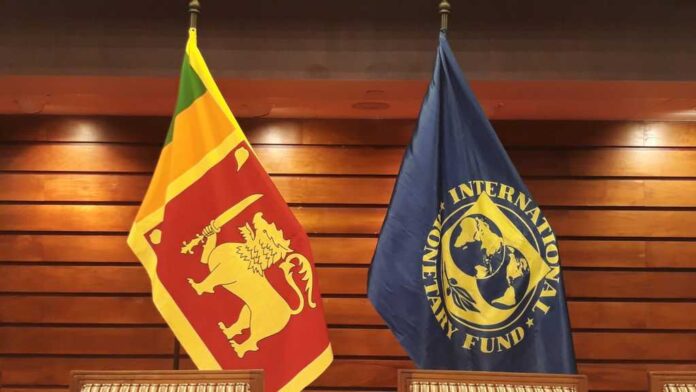June 18, Colombo (LNW): In the wake of the upcoming tax adjustments that may amplify financial burdens for businesses and individuals in Sri Lanka, the International Monetary Fund (IMF) has underscored their necessity to bolster the country’s reserves.
Acknowledging these developments, the IMF Senior Mission Chief for Sri Lanka, Peter Breuer, highlighted the significant strides made in tax policy reforms throughout 2023 and 2024.
These reforms aim to boost government revenues towards achieving approximately 15 per cent of GDP by 2025.
Breuer described the policy adjustments as a modest recalibration. He contrasted Sri Lanka’s economic approach with that of other nations, noting that while some countries stimulate their economies during downturns, Sri Lanka’s crisis stems from a severe decline in fiscal revenue, leading to unsustainable debt levels and eventual default.
Addressing the press in an online briefing following the IMF’s approval of the second review, Breuer emphasised that from 2019 to 2022, Sri Lanka’s average general government revenues stood at approximately 9.3 per cent of GDP, significantly lower than the average of 26 percent observed in comparable economies.
He underscored the IMF’s stance on debt treatment comparability among Official Creditors, stating that while this is crucial for debt sustainability, the IMF’s primary concern remains whether the restructuring targets are being effectively met by all creditors.
Breuer concluded by affirming the importance of broad creditor participation in debt restructuring efforts to restore Sri Lanka’s debt sustainability, underlining the IMF’s indirect stake in ensuring these targets are achieved.

